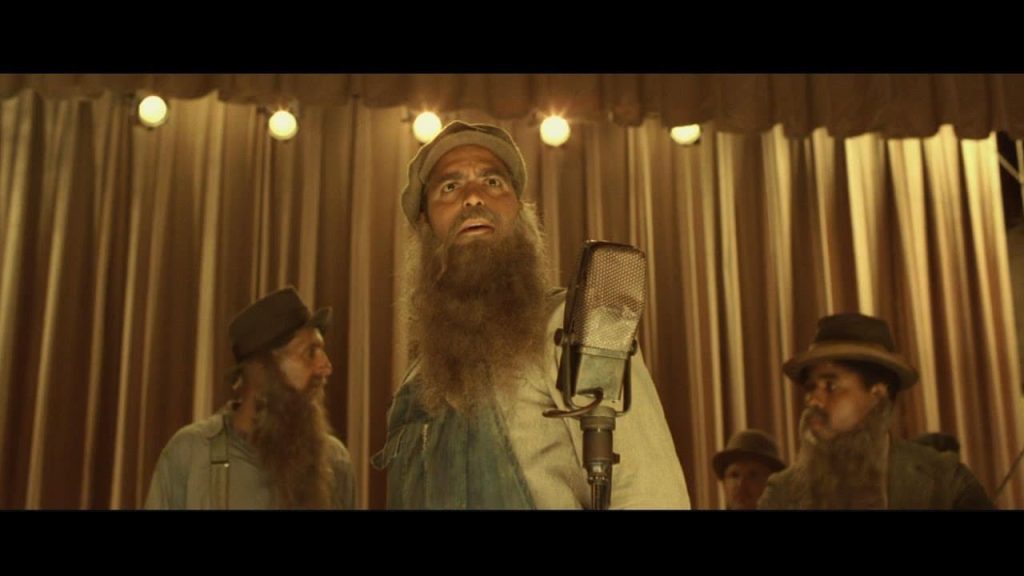
A Timeless Tale of Hardship and Resilience: The Journey of “I Am a Man of Constant Sorrow”
In the rich tapestry of American folk music, certain songs transcend time, resonating deeply across generations with their poignant narratives and soulful melodies. One such enduring classic is “I Am a Man of Constant Sorrow,” a song that found renewed prominence through its heartfelt rendition by The Soggy Bottom Boys in the 2000 film O Brother, Where Art Thou?.
Originally known as “Man of Constant Sorrow,” the song’s roots trace back to the early 20th century. It was first published by Dick Burnett, a partially blind fiddler from Kentucky, around 1913 under the title “Farewell Song.” The song’s haunting lyrics and melody encapsulate the struggles and sorrows of a life fraught with hardship. Over the decades, it has been interpreted and recorded by various artists, each bringing their unique touch to this melancholic tale.
The rendition by The Soggy Bottom Boys—a fictional band portrayed in the Coen Brothers’ film—brought the song to the forefront of popular culture in the early 21st century. In the movie, the song serves as a pivotal plot element, symbolizing the protagonists’ quest for redemption and freedom. The actual vocals were provided by Dan Tyminski, a member of Alison Krauss & Union Station, whose rich, emotive delivery captured the song’s essence. This version earned critical acclaim, winning a Grammy Award for Best Country Collaboration with Vocals in 2002.
The lyrics of “I Am a Man of Constant Sorrow” narrate the life of a man beset by continuous misfortune and longing. Lines such as “I am a man of constant sorrow, I’ve seen trouble all my days” convey a profound sense of enduring struggle. Despite the pervasive melancholy, there’s an underlying resilience—a testament to the human spirit’s capacity to endure and persevere. This duality of despair and determination has allowed the song to resonate with audiences, offering solace and a sense of shared experience.
The song’s resurgence through O Brother, Where Art Thou? not only introduced it to a new generation but also sparked a renewed interest in traditional American folk and bluegrass music. The film’s soundtrack, featuring “I Am a Man of Constant Sorrow,” achieved remarkable commercial success, highlighting the timeless appeal of these genres.
For those who experienced the song’s earlier iterations, this revival serves as a nostalgic reminder of folk music’s enduring power to convey the depths of human emotion. For newer listeners, it offers a bridge to the past, connecting contemporary audiences with the rich musical heritage of America’s heartland.
In essence, “I Am a Man of Constant Sorrow” stands as a testament to the enduring nature of folk music—a genre that, through simple melodies and heartfelt lyrics, captures the complexities of the human experience. Its journey from a Kentucky fiddler’s repertoire to mainstream acclaim underscores the song’s universal themes of hardship, resilience, and the relentless pursuit of hope amidst adversity.